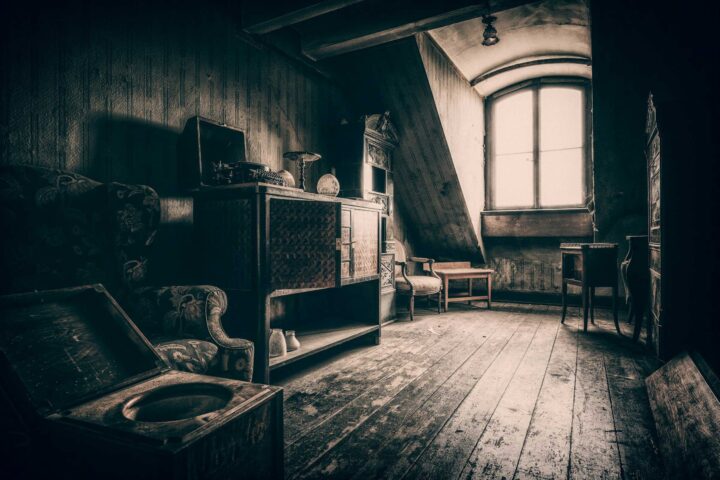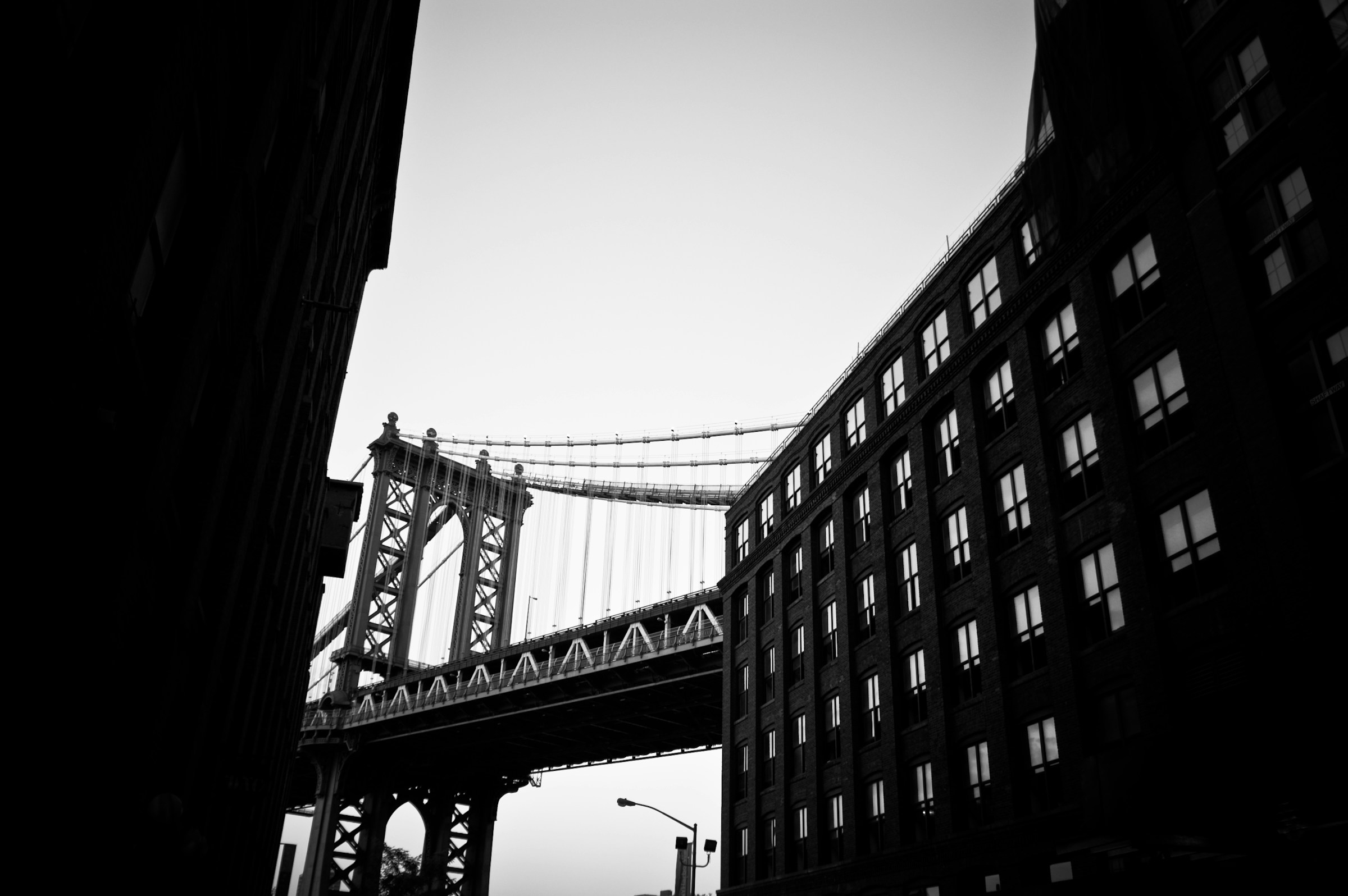I stood inside the dim, windowless room, against a cold wall of stained concrete, one body among a mass of bodies filling the small space. Feet shuffled, whispers stilled, and then it was silent. A crushing silence. The kind that sits on your soul. Except for the breathing. Breath was everywhere, rustling shirts and jackets, moving tiny puffs of air. Breath is the evidence of life. Only life had not been the point of this place. The point of this place had been not to breathe at all.
It was October 29, 2018, and I was standing in the gas chambers of Auschwitz, thinking, we can never, ever forget that this happened.
I was born a curious child, in all senses of the word. An early life spent in old houses, antique stores, and the fervor of the American Bicentennial fostered a fascination with the past. A claw-foot tub, a paperback, and a lock on the bathroom door began a love affair with reading.
History to me was the ultimate story. The sum of every true thing that has ever happened to any real person who has lived on the earth. And I didn’t want any of it to be forgotten. Surely the death of memories is the saddest death in the world? But I never wrote any of mine down. Not one story of my own, real or otherwise. Not a single, unassigned word.
“A saga of resourcefulness, resilience, heroism, and humanity that threw the privilege of my comfortable existence into stark relief.”
But passion can be unexpected. Unpredictable. Life-changing. And it can come on tiptoes. Like one unremarkable afternoon when a spare forty-five minutes and a chance encounter with my computer gifted me a new love: Writing. Like another afternoon long before, in the early 1990s, when a woman appeared on my television screen and said five, seemingly insignificant words.
My name is Stefania Podgórska.
I sat, riveted, while Stefania told me about her life. How she had been a sixteen-year-old Catholic in a small city in German-occupied Poland, destitute, without parents, Hitler’s war machine raging across Europe, the sole caretaker of a six-year-old sister, Helena. How she had answered a knock on the door in the middle of the night to find Max Diamant, a young Jewish man, broken and bloody because he had just jumped off a moving train hurtling him straight to the gas chambers of Belzec. How she and Helena chose to hide Max, and then Max’s brother, and his brother’s fiancé, until they needed a bigger house. And by some miracle, she found one, a cottage on Tatarska Street. The cottage had no electricity and no running water. But it did have an attic, and eventually Stefania and Helena were housing thirteen people there, hiding them behind a makeshift false wall while the Nazis emptied the ghettos, combing the city for the last of its Jews.
I sat on the edge of my seat as Stefania described the next knock on the door, this time from two SS officers. They were requisitioning her house for staff quarters for a new German hospital across the street. Stefania and Helena were given one hour to take what they could carry and leave. If the girls were there when the officers returned, they would be shot.
Only they decided not to leave. Even when Max and the other hidden begged them to. They would not abandon the men, women, and children in the attic. And when the SS opened the door, they chose not to shoot. They moved in instead. Four Nazis sleeping in a bedroom with thirteen Jews hidden right above their heads, and two young girls with nothing more than courage and their wits left to stand in between them.
The story Stefania told me that day was one of love and sacrifice. A saga of resourcefulness, resilience, heroism, and humanity that threw the privilege of my comfortable existence into stark relief. Her life was a history that should never be lost and could not be forgotten. And I never did. Not for twenty-three years.
“No one can forget sitting in the presence of greatness. ”
And suddenly, it’s 2017, and I am an author with five published books. Suddenly, I can Google.
I found Stefania Podgórska.
Or rather, I found her son, Ed Burzminski. Just four months after their liberation from the Nazis, Stefania had married Max Diamant, the boy who jumped off a train and knocked on her door. To escape the still potent antisemitism after the war, Max changed his name to a very Polish one, Josef Burzminski, and together they immigrated to the United States. Ed was incredibly open and kind to the stranger wanting to write a book about his family. He put me in a car and took me to meet his mother.
Stefania was in a care home in Los Angeles suffering from dementia. Though for her, the disease came with a blessing. Dementia freed her from the fear and trauma that was the legacy of her past, and she was a girl again, the one she’d been before bombings and attics. She sat with a straight back, barely a wrinkle on her face, bobbing to Polish music on an ipod. She never knew she met me. But I will never forget meeting her. No one can forget sitting in the presence of greatness.
And then, Ed gave me his mother’s unpublished memoir. Hundreds of pages filled with her fiery voice and stoic descriptions of truly incredible deeds. There was so much more to her story, and this was no longer a book I wanted to write. This was a book that needed to be written. A history that should not only be remembered, a history that should be known. Celebrated. Ed agreed with me. Stefania passed away on September 29, 2018. I helped write her obituary, and three weeks later, Ed and I went to Poland to discover her life.
We stood in the attic on Tatarska Street, where thirteen Jews had lain like sardines, unable to turn or stand, to sneeze, sigh, cough or make the slightest noise. We walked the boundaries of the former ghetto with its bullet-ridden walls. I held the hand of Helena, my second hero, the little sister who had shown bravery most adults couldn’t muster, while Ed translated words into English that were still almost too painful to utter. We met Dzuisia, one of the children from the attic, a kind and lovely woman who explained what it felt like to lie perfectly still while rats run across your skin. To freeze in the winter and swelter in the summer. To starve. We visited the Belzec memorial museum, where the historian gently described to Ed how twenty-three members of his father’s family died, and we found the curve in the tracks where a young Max Diamant had jumped from a moving train.
I stood in the silence, surrounded by the stinking concrete of the gas chambers of Auschwitz and I cried. And I made a decision.
I started writing on a plane crossing the Atlantic, and after four weeks, I had the book that became “The Light in Hidden Places”. Only it was not the book I’d meant to write. I thought I’d set out to preserve an incredible piece of history. To make sure that the lives of Stefania and Helena Podgórska could never die like so many other memories. Perhaps I did that. Only the story of the Podgórska sisters is not just a history. It’s the challenge of now.
World War II has never really ended, not for the children and grandchildren still bearing its scars. The hate that built the gas chambers is not dead. It’s pulling the triggers in synagogues today. It’s alive in political rhetoric, social media, and every kind of racism in every kind of community all over the world. It’s alive in the demonization of all who might hold a different opinion from yours. But Stefania and Helena Podgórska made a choice. They decided to stand up to hate, and it was a decision they did not know would be momentous. It was just a decision they knew to be right. And it changed the lives of thirteen people and all who came after them. It was a decision that changed the world. And don’t our own choices have the same potential?
Would I have opened the door? That is the question of history. How will I decide to stand up to hate today? That is the question of now. And the answer will change everything.



